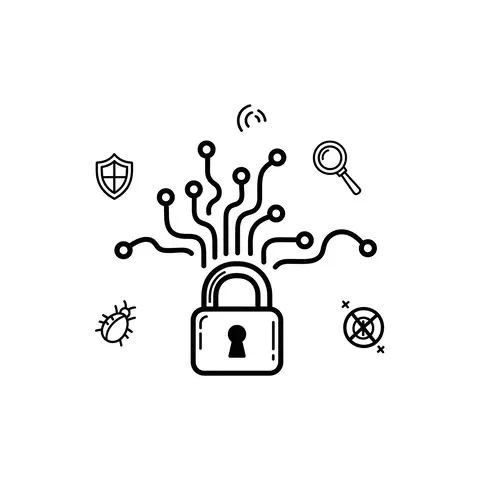
DC Sync Attack: The Art of Impersonation
Environment variables are a foundational concept in Linux-like systems, providing a way to store configuration values, session settings, and system-wide preferences.
They are both powerful tools for legitimate administration and potential attack vectors when misused.
In this article, we'll cover:
Environment variables are key-value pairs that affect the way running processes behave. They can be system-wide or per-user session.
Example of listing environment variables:
printenv
# or
envExample of setting an environment variable:
export MY_VAR="HelloWorld"
echo $MY_VARVariables can also be set temporarily for a single command:
MY_VAR="TempValue" ./my_programCommon environment variables:
PATH — search path for executable filesHOME — user's home directoryLD_LIBRARY_PATH — dynamic linker search pathUSER — current usernameSHELL — current shell pathFrom an offensive security perspective, environment variables can be manipulated to achieve privilege escalation, persistence, or data exfiltration.
If a privileged script or binary executes a command without specifying the full path, attackers can modify PATH to run their own malicious executable.
# Attacker sets malicious PATH
export PATH="/tmp/malicious:$PATH"
# Create malicious ls binary
echo -e '#!/bin/bash\necho "Owned!"' > /tmp/malicious/ls
chmod +x /tmp/malicious/ls
# Now 'ls' runs attacker's script if executed by victim
lsAttackers can preload malicious shared libraries before executing binaries.
export LD_PRELOAD=/tmp/malicious.soIf the target program does not sanitize LD_PRELOAD, the malicious .so file runs first.
Sensitive credentials (API keys, database passwords) are sometimes stored in environment variables. Red teams can harvest them via:
cat /proc/$PID/environAttackers can use AuthorizedKeysCommand in sshd_config to fetch keys from an environment variable source.
Environment variables can be abused to create a stealthy SSH backdoor by influencing how sshd loads authorized keys. Normally, SSH keys are stored in ~/.ssh/authorized_keys, but sshd can be configured to fetch keys dynamically using the AuthorizedKeysCommand directive in /etc/ssh/sshd_config. If this command reads keys from an environment variable—passed at session start or set globally in /etc/environment—an attacker with write access could insert their own public key without touching the authorized keys file, bypassing traditional file integrity checks. For example, in a test VM, you could create a script /usr/local/bin/getkeys.sh that simply prints the contents of an $SSH_BACKDOOR_KEY environment variable, set that variable to contain your public key, and configure AuthorizedKeysCommand /usr/local/bin/getkeys.sh with AuthorizedKeysCommandUser root. After restarting sshd, any client with the matching private key would gain SSH access. This technique works because the key source is abstracted, making it harder to detect—ideal for a red team proof-of-concept. Defensively, blue teams should avoid dynamic key loading from environment variables and strictly control sshd_config permissions.
PATH/usr/bin/lsPATH for privileged users.Unset sensitive environment variables before running privileged commands:
unset API_KEY
unset PASSWORDIn /etc/sudoers:
Defaults secure_path="/usr/local/sbin:/usr/local/bin:/usr/sbin:/usr/bin:/sbin:/bin"
Defaults env_resetauditd to monitor environment variable changes./proc/$PID/environ for suspicious variables.Example audit rule:
auditctl -a always,exit -F arch=b64 -S execve -k env_watchLD_PRELOAD and LD_LIBRARY_PATH Abuseld.so configs to ignore these variables for privileged binaries (/etc/ld.so.preload).noexec mount option for /tmp and /dev/shm.Environment variables are integral to Linux systems, but they can be weaponized if left unchecked. Red teams exploit them for stealth, privilege escalation, and persistence, while blue teams must enforce strict path usage, sanitize sensitive variables, and monitor for abnormal changes.
By combining operational hygiene with active monitoring, defenders can drastically reduce the risk of environment variable abuse.
Love it? Share this article: